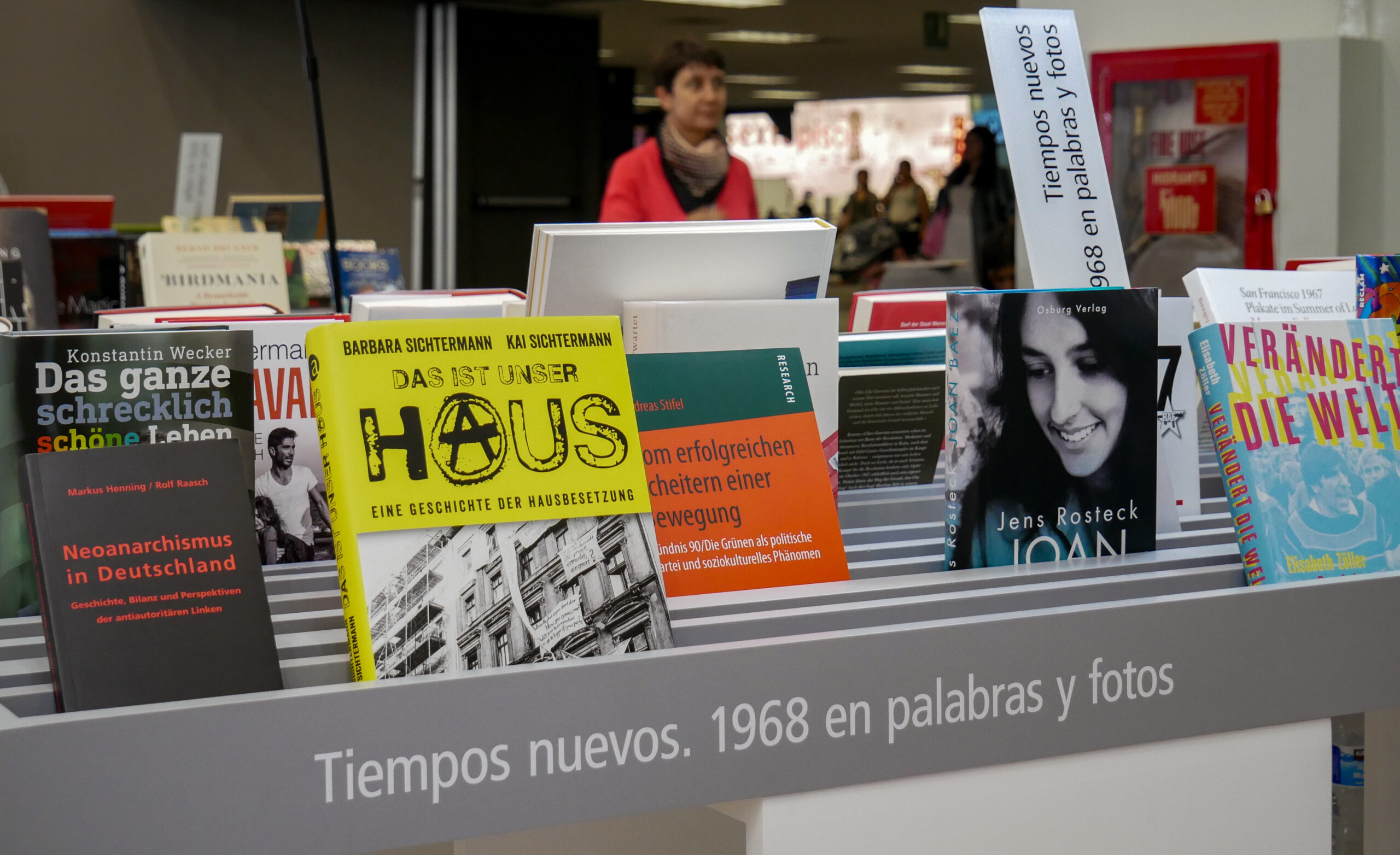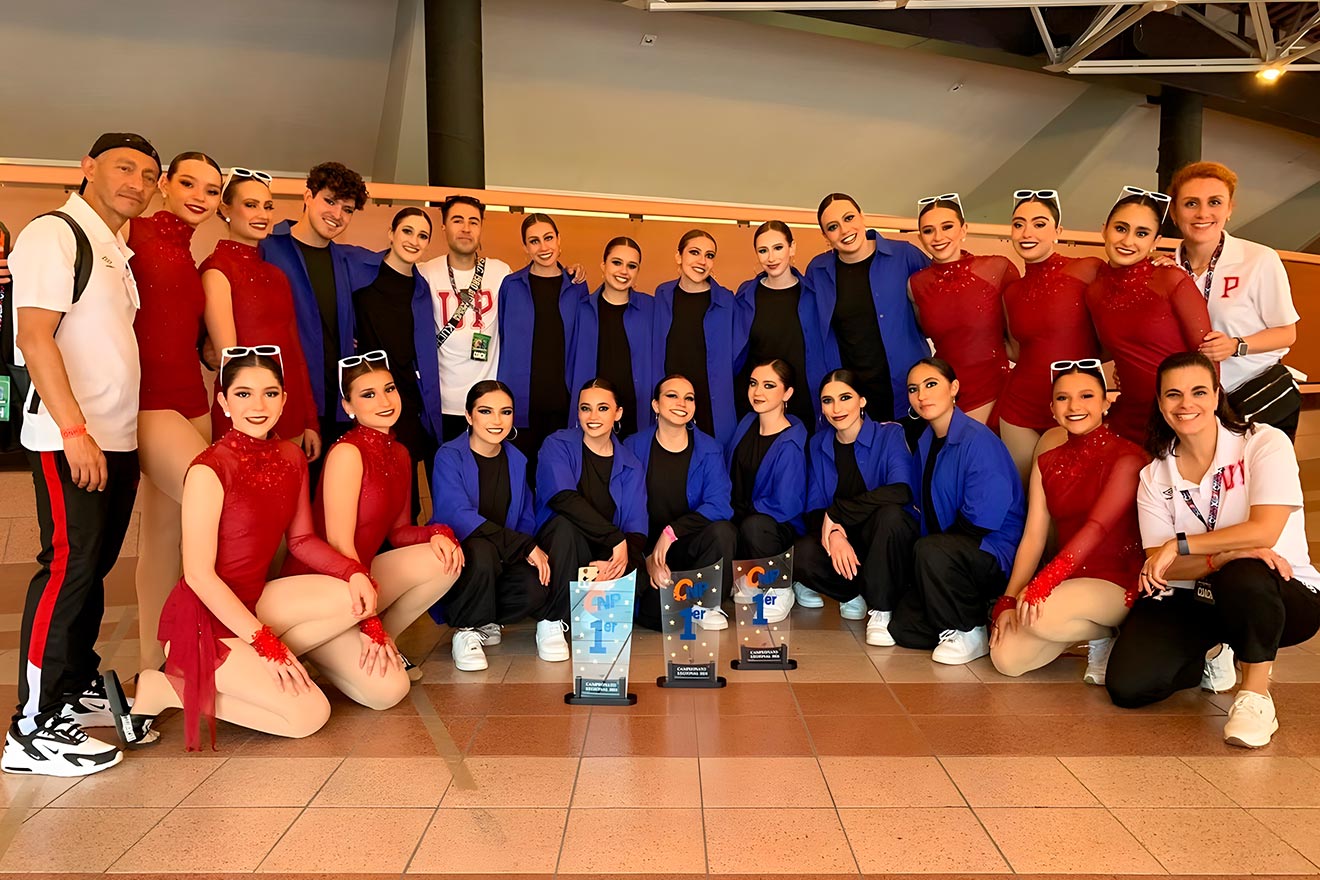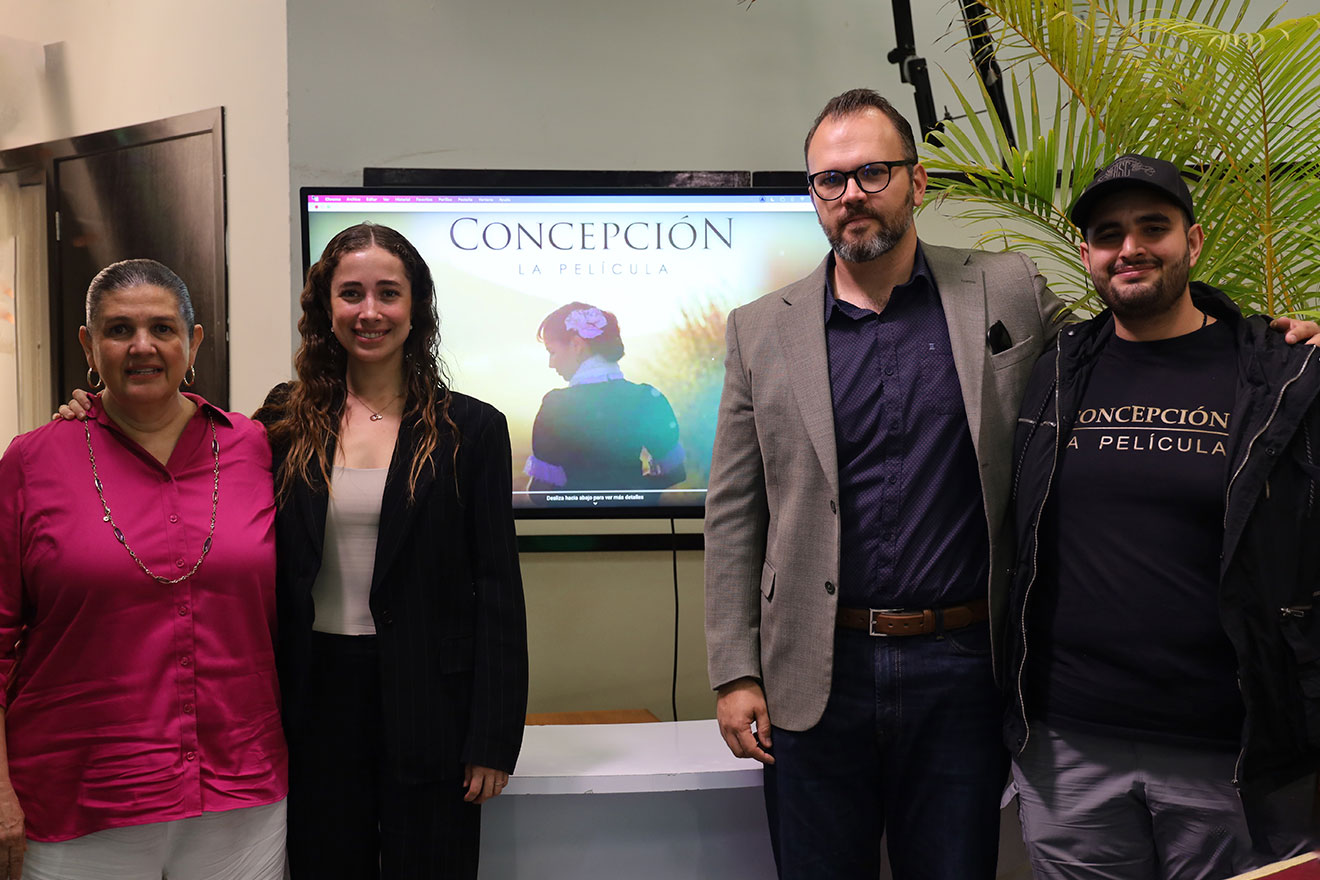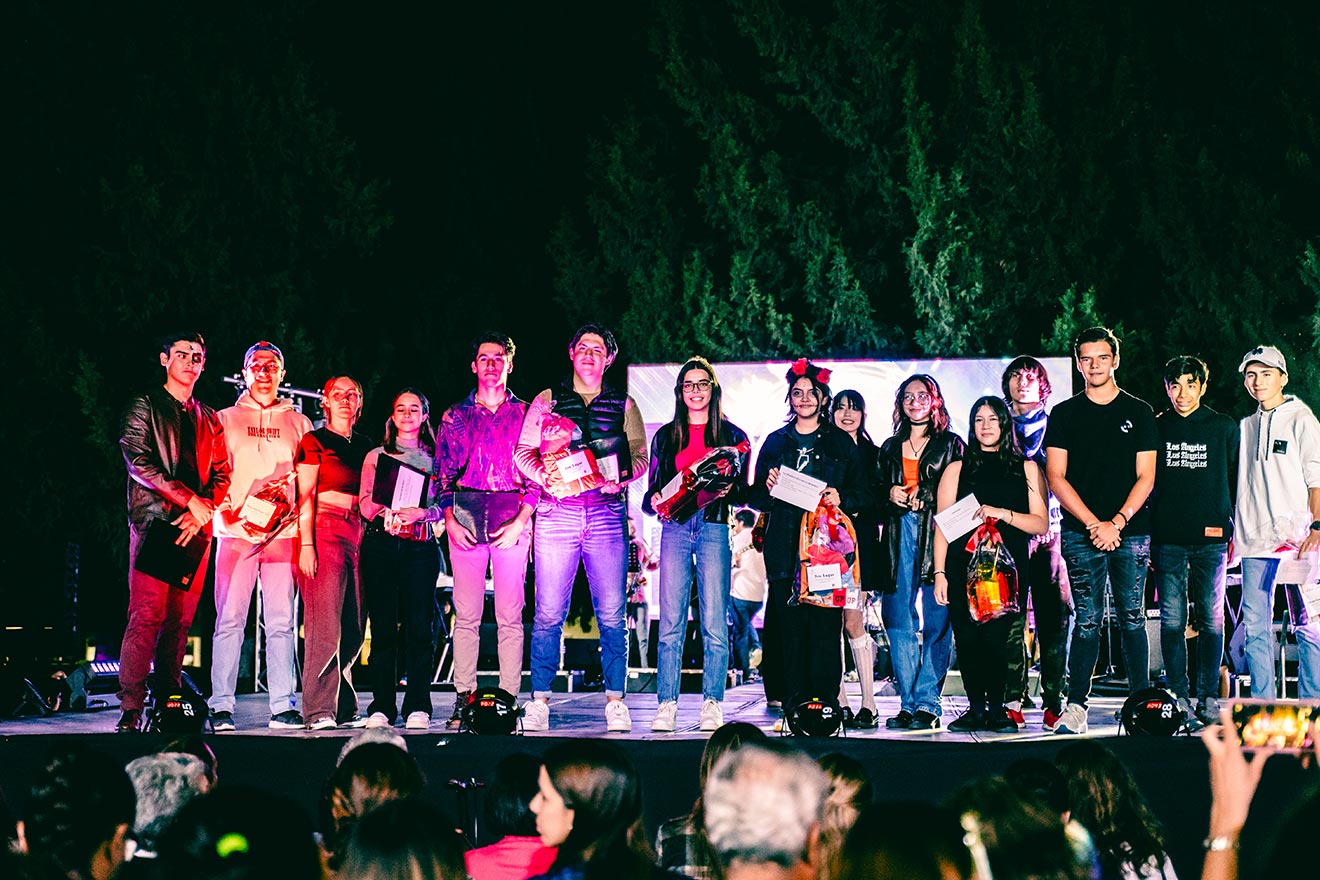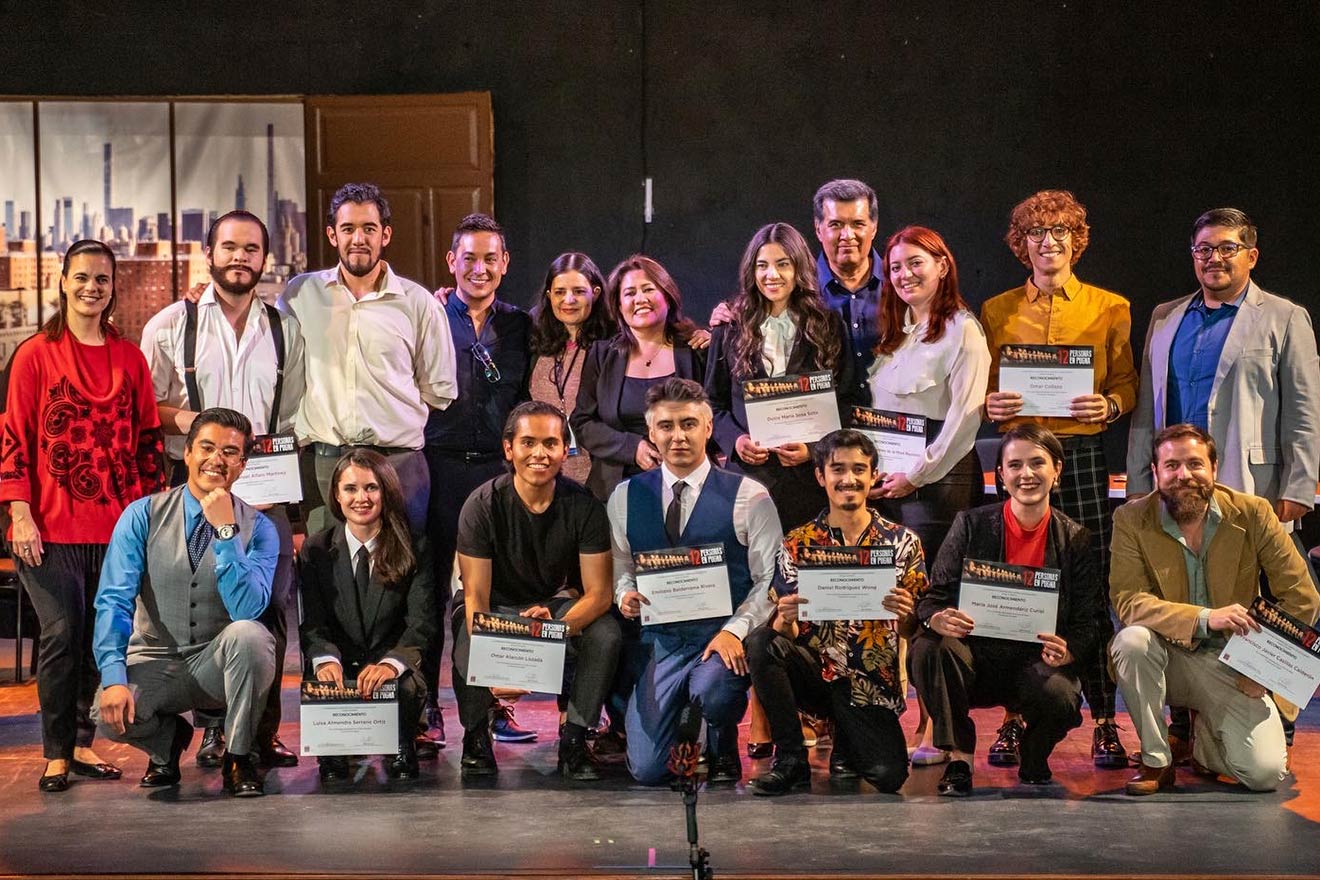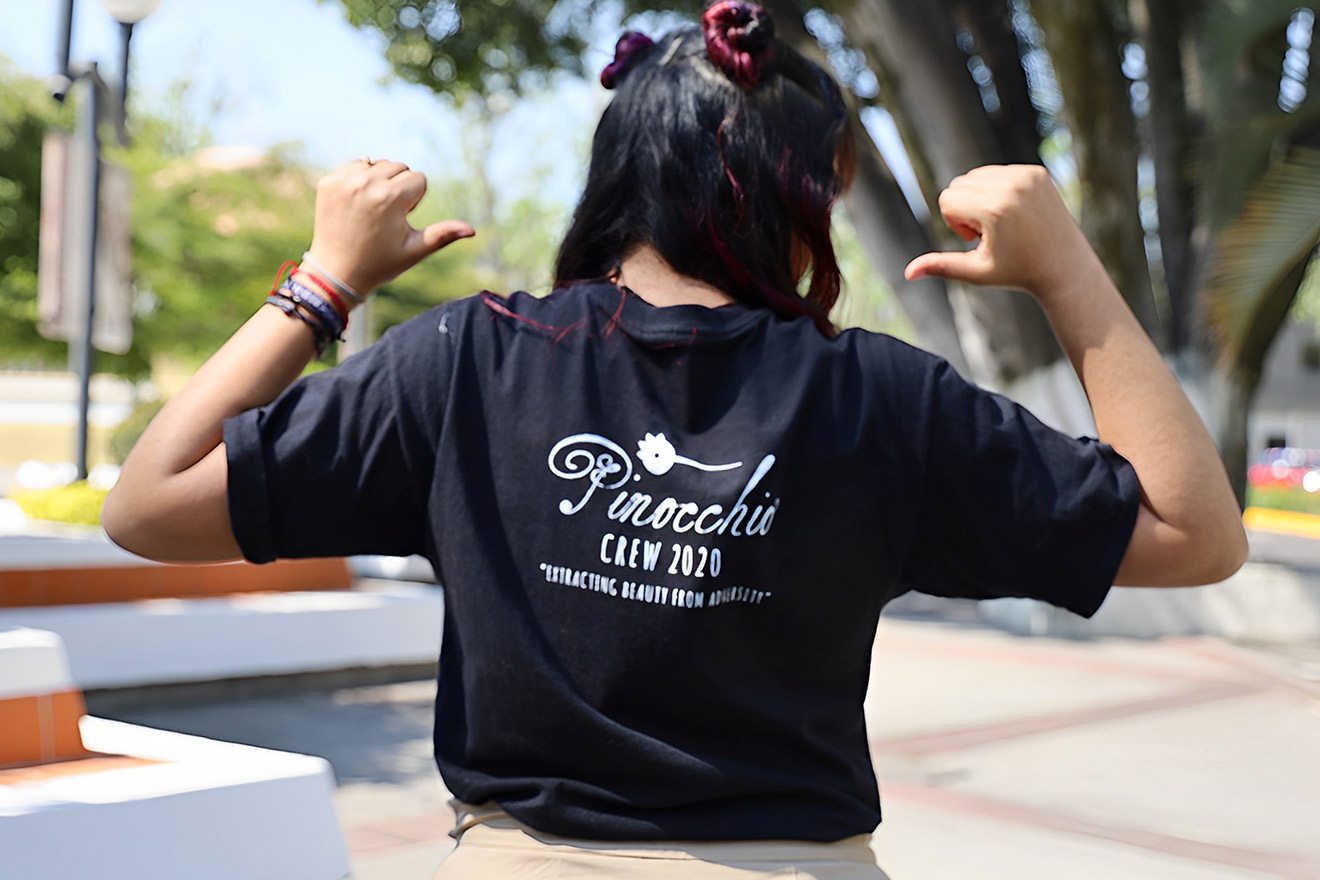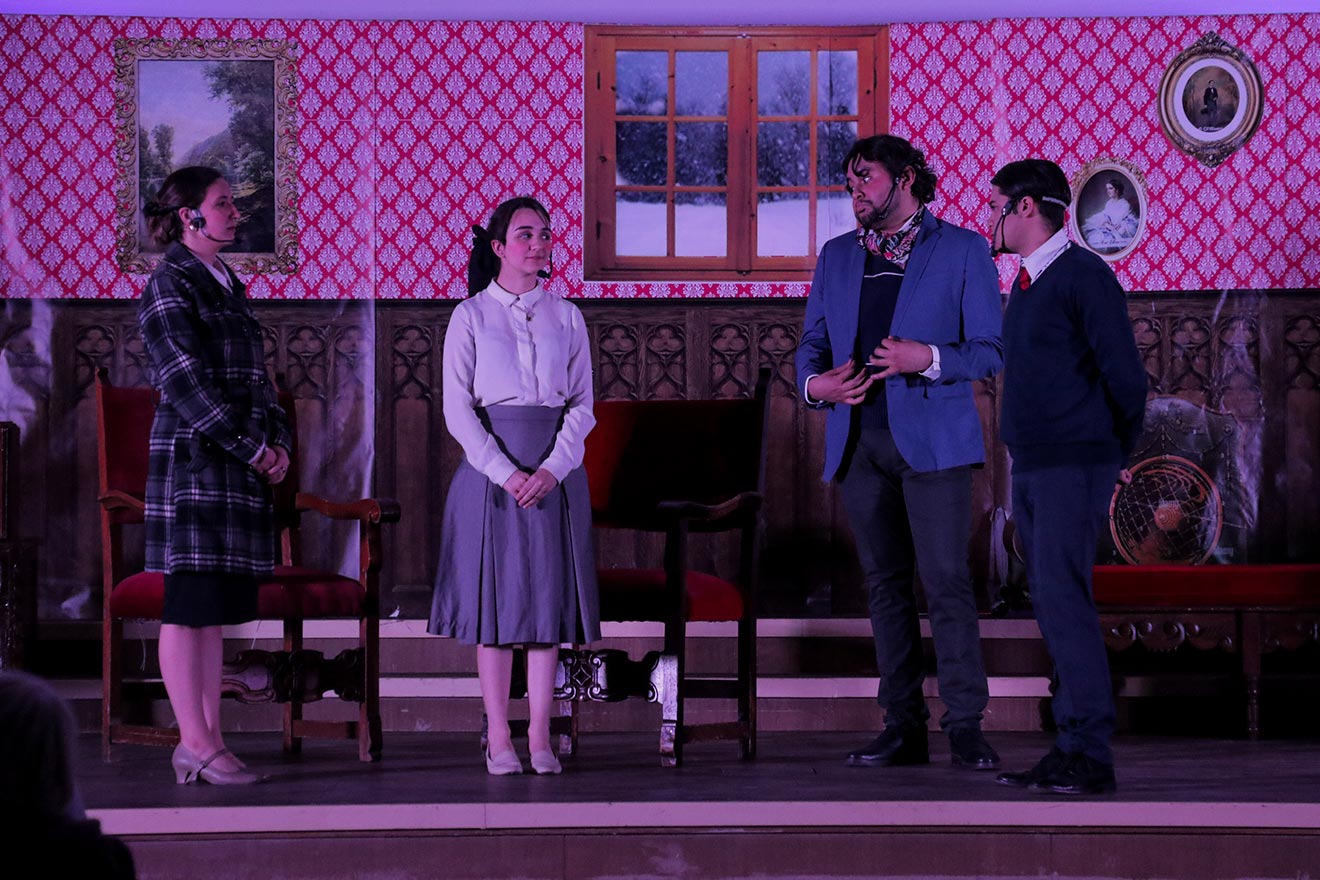Not only does literature inform but also transforms. Reading prompts us to ask ourselves essential questions: Who are we? What do we value? How do we understand others? This act, which may seem simple to the naked eye, develops our critical conscience, our ethical sensitivity and our ability for compassion, values that are more necessary today than ever.

FIL: a space for dialogue and reflection
The Guadalajara International Book Fair (FIL) is one of the most important cultural and literary events in Ibero-America. From the outset, FIL has been a unique space for dialogue between authors, publishers, academics and readers, promoting the circulation of ideas and the exchange of knowledge.
This encounter transcends the act of acquiring books. It represents a deep connection to human thought and creativity. Walking the aisles of the FIL allows us to reflect on the impact literature has in our lives, a theme that is also highlighted in the recent letter of Pope Francis, who emphasizes the critical role of the arts and literature in the integral formation of the human being.
The role of literature in a digital age
In the age of advanced technology, tools such as artificial intelligence have transformed our ways of interacting with information. These technologies, while useful for analyzing large volumes of data and optimizing processes, present a challenge: we cannot allow digital immediacy to replace the introspective and transformative experience that reading offers.
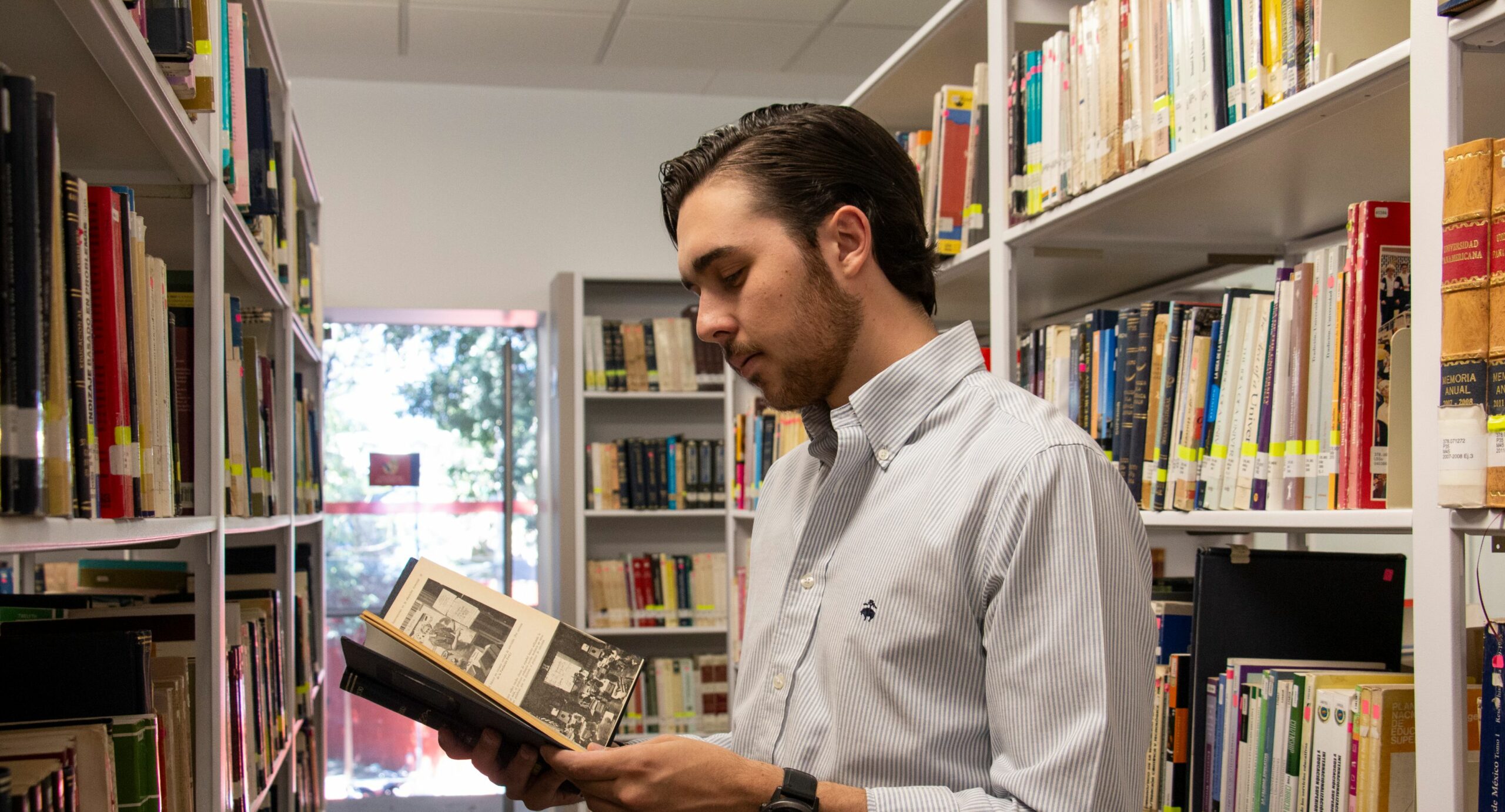
According to Pope Francis, the act of reading a literary work that lacks audiovisual elements invites us to live an integral experience, involving both the mind and the heart. This approach contrasts with the modern drive to consume fleeting content and reminds us that literature is not only entertainment, but also a means of personal enrichment.
The value of books
The Pope’s warning resonates with the reflections of classical philosophers and authors. For example, Cicero, the great Roman orator, expressed: “A home without books is like a body without a soul”, underlining the eternal value of literature as nourishment for the spirit.
Not only does literature inform but also transforms. Reading prompts us to ask ourselves essential questions: Who are we? What do we value? How do we understand others? This act, which may seem simple, develops our critical conscience, our ethical sensitivity and our ability for compassion, values that are more necessary today than ever. Reading, as Italo Calvino pointed out, is a tool that allows us to “see the world with new eyes” and challenges us to understand it from different perspectives.

Moreover, literary classics, which have endured centuries and millennia, remain an inexhaustible source of answers to today’s dilemmas. Works such as Homer’sOdyssey or Miguel Cervantes Saavedra’s Don Quixote de la Mancha remind us that, although contexts change, human concerns and aspirations remain. In a world fragmented by divisions and fray, literature acts as a bridge that connects diverse perspectives and fosters empathy between cultures.
FIL as an intellectual and spiritual journey
The FIL is much more than a book fair: it is a collective act that opens windows to the intellectual universe. Diversity is in the air; the styles, genres and origins of the works presented reflect the richness of human expressions. This event, which has consolidated a privileged place in Latin American culture, becomes a space of encounter between the human and the spiritual.
In this sense, FIL shares a common ground with the message of Pope Francis: both initiatives invite people to immerse themselves in the literary world as a form of self-discovery and transformation.
Encouraging reading is not only a way of enriching knowledge; it is, above all, an invitation to form a more just and understanding society. When we read, we learn to question, to think critically and to dialogue with perspectives different from our own. In the words of Franz Kafka: “A book must be the axe that breaks the frozen sea within us”. The FIL reminds us that, by educating readers, we also educate citizens who are more committed to the world around them.
Author’s information:
Dra. Fernanda Llergo Bay, General Rector of Universidad Panamericana and IPADE Business School.

Text taken from: https://www.excelsior.com.mx/opinion/fernanda-llergo-bay/la-literatura-como-encuentro-autodescubrimiento-y-transformacion/1688222

